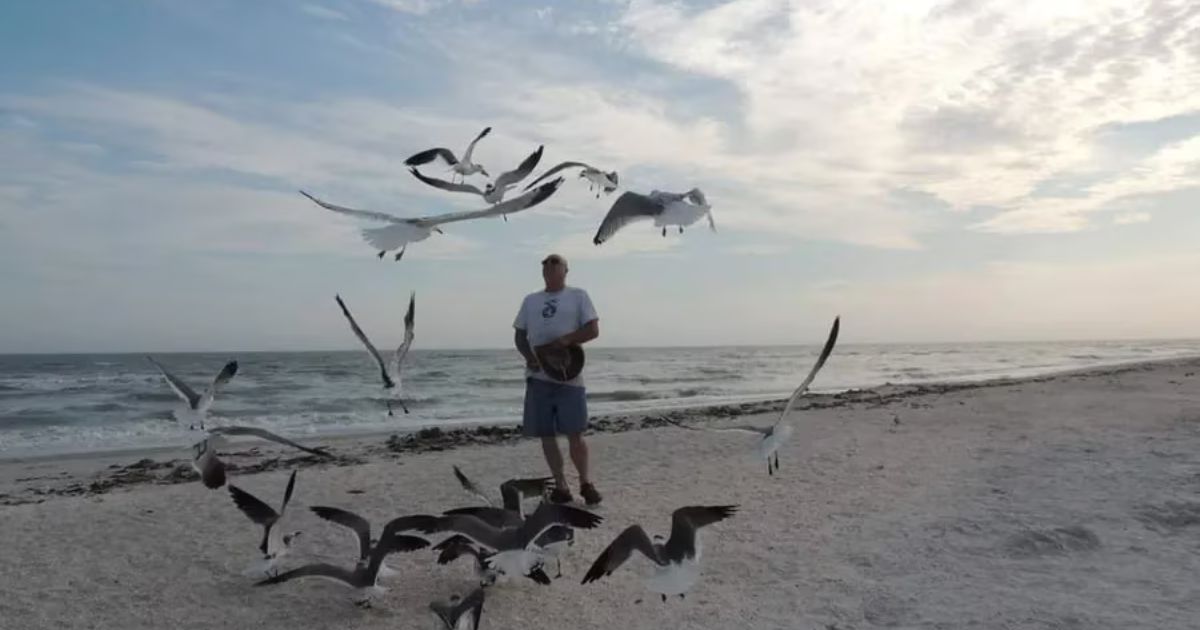In the aftermath of Hurricane Ian, a tragic and deeply concerning trend has emerged. Six individuals have lost their lives to suicide, raises mental health concerns faced by survivors of natural disasters. Experts fear that this devastating toll may continue to rise if immediate action is not taken.
Hurricane Ian, a powerful and destructive storm, struck the coastal region, leaving a trail of destruction in its wake. Homes were destroyed, communities were shattered, and lives were forever changed. In the face of such immense loss, the mental health of survivors became a pressing concern.
The six individuals who tragically took their own lives in the wake of Hurricane Ian were all residents of the affected areas. Their deaths have sent shockwaves through the community and underscored the urgency of addressing mental health issues in disaster-stricken regions.
Experts and mental health professionals have expressed deep concern over the rising suicide rates in the affected areas. Dr. Sarah Martinez, a clinical psychologist specializing in trauma and disaster response, stated, “Natural disasters like Hurricane Ian can have a profound impact on individuals’ mental well-being.
The loss of homes, possessions, and even loved ones can trigger a range of emotional responses, including depression, anxiety, and post-traumatic stress disorder.”
Survivors often grapple with feelings of hopelessness, helplessness, and despair in the aftermath of a disaster. The disruption of daily routines, social support systems, and access to basic necessities can exacerbate these emotional struggles. As a result, mental health challenges become a pressing issue that requires immediate attention.
Hurricane Ian Raises Mental Health Concerns
Local mental health organizations and crisis hotlines have reported a significant increase in the number of calls from individuals seeking support. These organizations have mobilized to provide much-needed counseling and resources to those affected by the hurricane’s aftermath.
However, the demand for mental health services has surged beyond their capacity, raising concerns about accessibility and availability.
Community leaders and government officials have recognized the mental health crisis unfolding in the wake of Hurricane Ian.
Mayor Emily Rodriguez, who oversees one of the hardest-hit areas, stated, “Our community is resilient, but we cannot ignore the profound impact this disaster has had on our mental health. We are committed to expanding mental health resources and support for our residents.”
In response to the growing crisis, local authorities have initiated several measures to address mental health challenges. These include establishing crisis intervention teams, providing trauma-informed training to first responders, and increasing access to telehealth services for mental health support.
One critical aspect of the response is community outreach and education. Mental health organizations, in collaboration with local leaders, have launched awareness campaigns to destigmatize seeking help and encourage individuals to check on their friends, family, and neighbors.
These campaigns emphasize the importance of talking openly about mental health and seeking professional assistance when needed.
Dr. Martinez stressed the significance of these efforts, stating, “Community support and solidarity can make a tremendous difference. Simple acts of kindness and compassion can provide hope and help individuals cope with the emotional toll of a disaster.”
While immediate actions are underway to address the mental health crisis in the wake of Hurricane Ian, experts and officials acknowledge that long-term solutions are essential. Building resilience, both at the individual and community levels, is crucial to better prepare for future disasters.
As the affected regions continue to grapple with the devastating aftermath of Hurricane Ian, it is clear that the mental health of survivors remains a top priority. The hope is that increased awareness, expanded resources, and strong community support will provide solace and healing to those affected by this tragedy.
Ultimately, it is a collective effort to ensure that no one suffers in silence, and that mental health remains at the forefront of disaster response and recovery efforts.




























